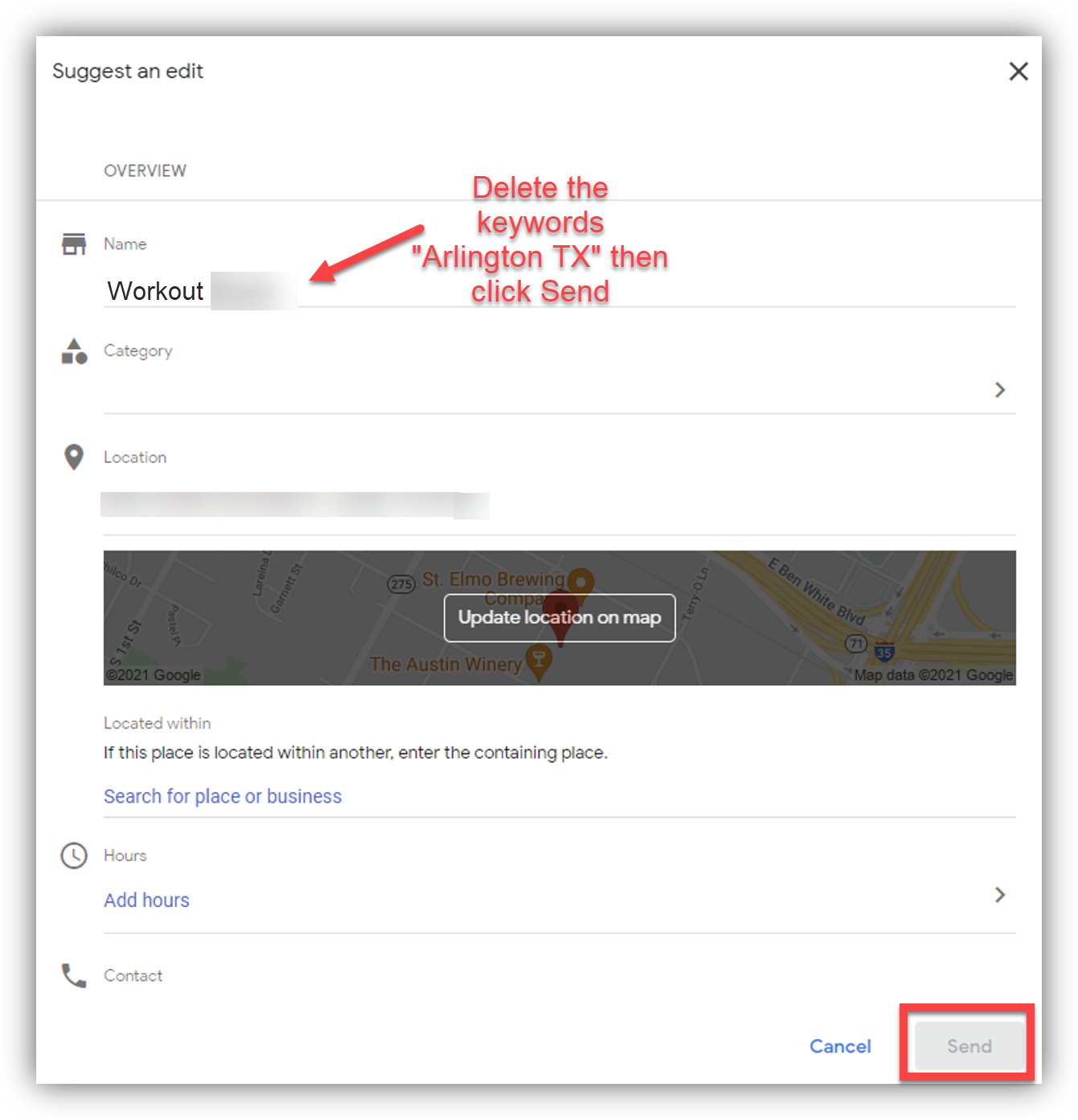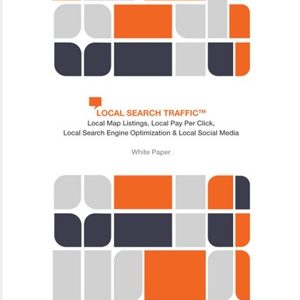
It happens all the time — a company’s Google Business Profile (GBP) listing gets pummeled in the local rankings because the top-ranking competitors aren’t playing by the rules.
They could be keyword stuffing their business name, or displaying a residential address in their business profile.
Maybe they’re using an address that doesn’t even qualify for a GBP listing, such as a P.O. Box or UPS Box address.
Or it could be that the higher-ranking listings are getting reviews unethically to build up their 5-star review stockpile.
Meanwhile, the original company’s GBP listing is following Google Business Profile’s guidelines to the letter but their rankings are suffering because they are a good, guideline-abiding GBP citizen ranking far behind the rule-breakers.
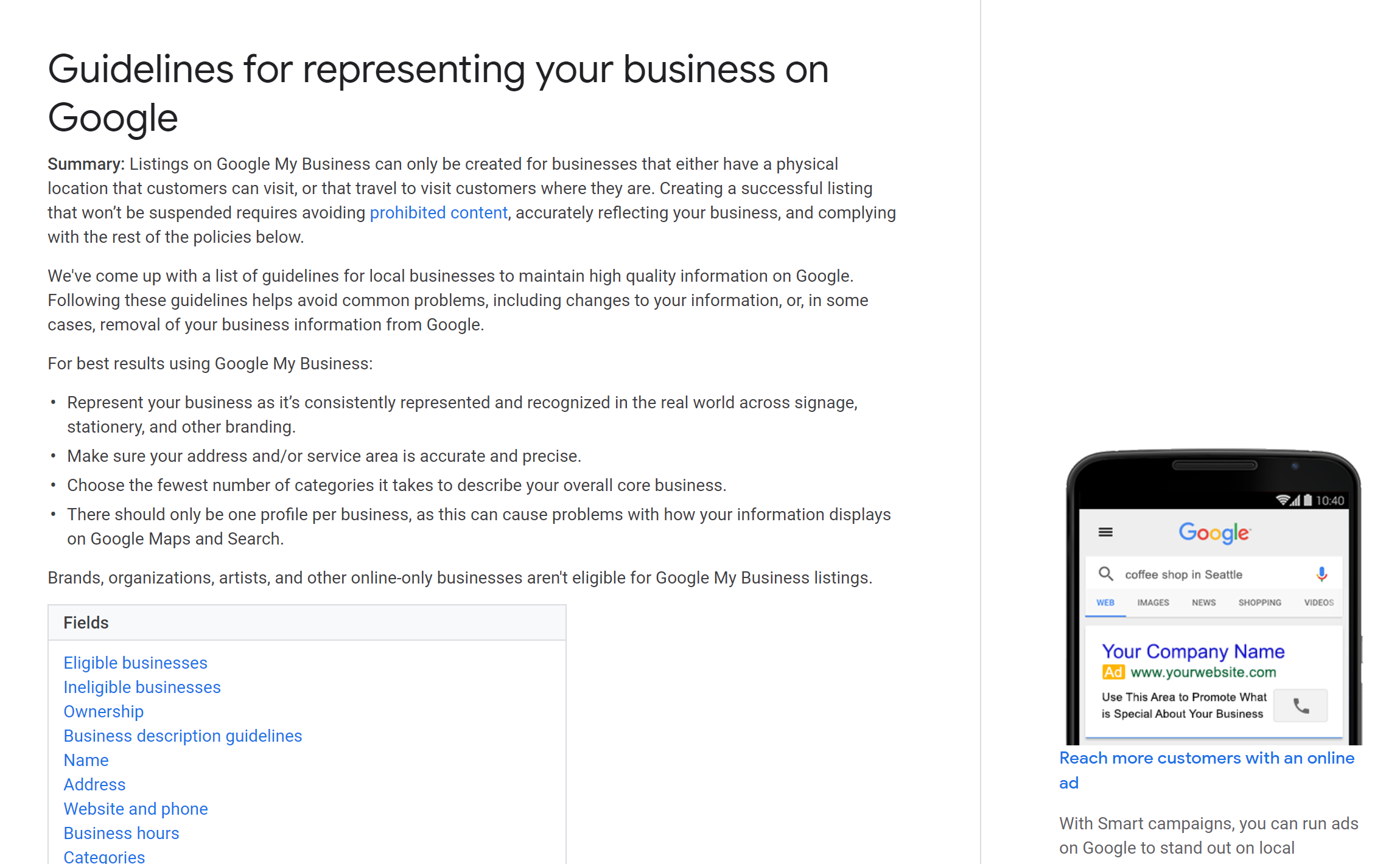
Screenshot from Support.google.com, September 2021
So… what can rule-abiding GBP businesses do to level the playing field against competitors who are cheating to overpower them in the rankings?
Actually, they can do quite a bit (and don’t even need superhero powers to do it!).
Let’s talk about some ways your business can fight back against companies that are cheating on GBP.
Leveling the GBP Playing Field
First, it’s important to keep in mind that Google actually wants user feedback.
Google Business Profile has been a crowd-sourced platform since almost the beginning. For instance, anyone can upload photos or videos to a GBP profile.
Customers can leave reviews on business profiles, even if they had a negative experience with a company.
Anybody can ask and answer questions on GBP’s Q&A feature. There’s even a “Know This Place?” link on Knowledge Panels where Google wants users to share the latest information about a business.
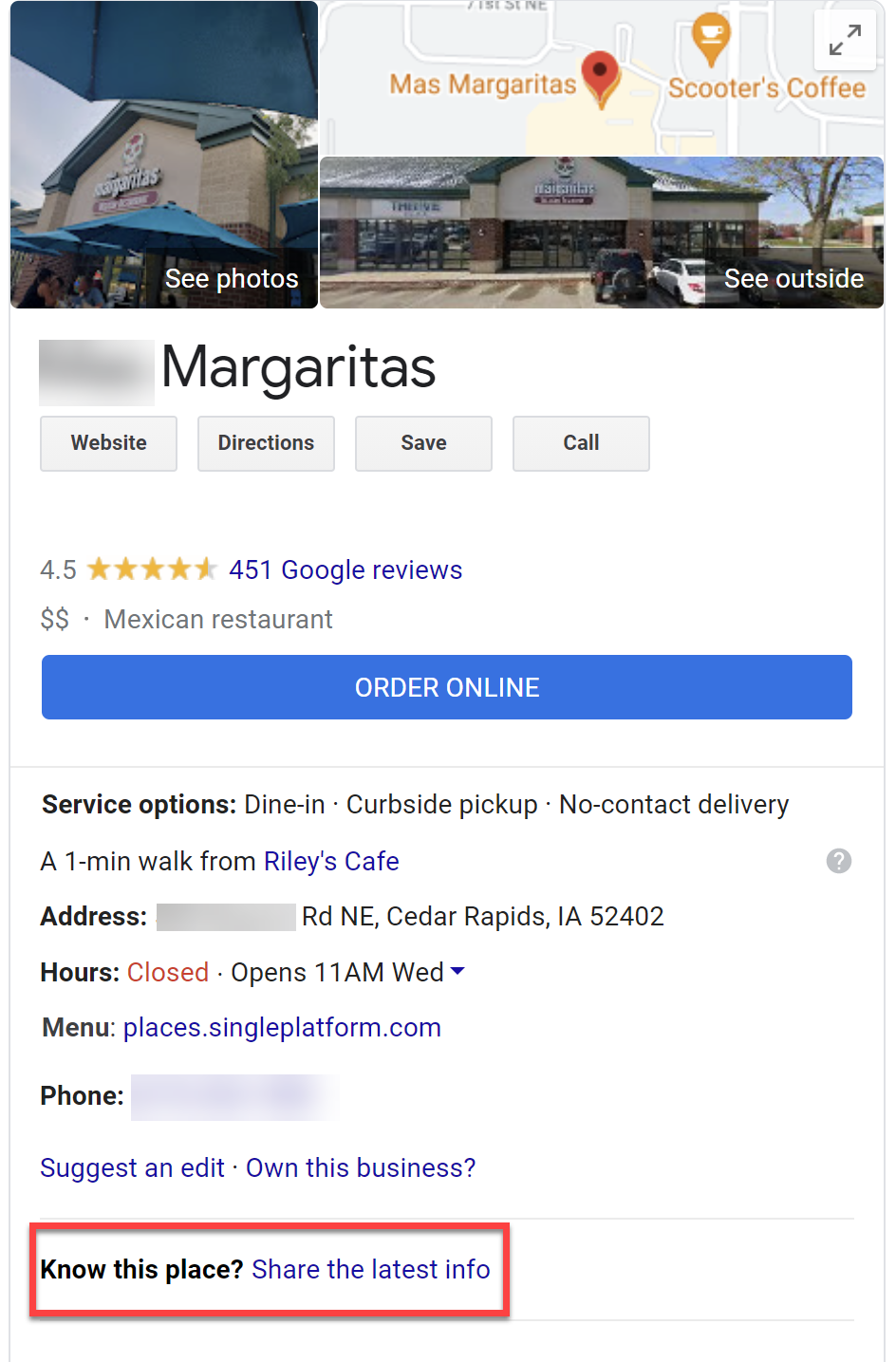
Screenshot from Google Knowledge Panels, September 2021
You can click the Know This Place link and answer a few questions Google wants to know about that business.
This gives Google more context and details about the business; perhaps more authentic information than what a business owner would provide.
Some of the information from these questions can potentially even help Google determine what keywords are appropriate for a business.
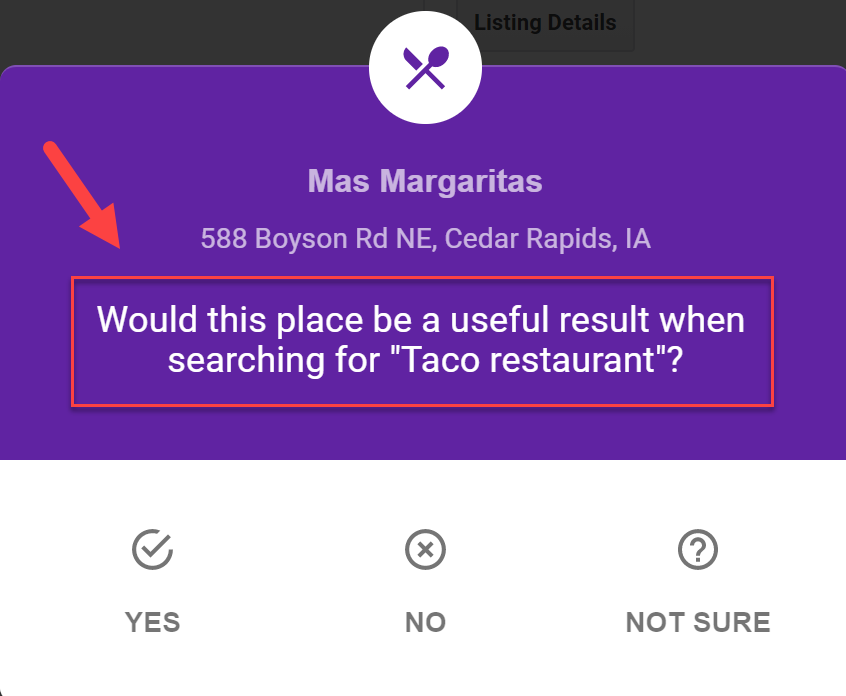
Screenshot from Google.com, September 2021
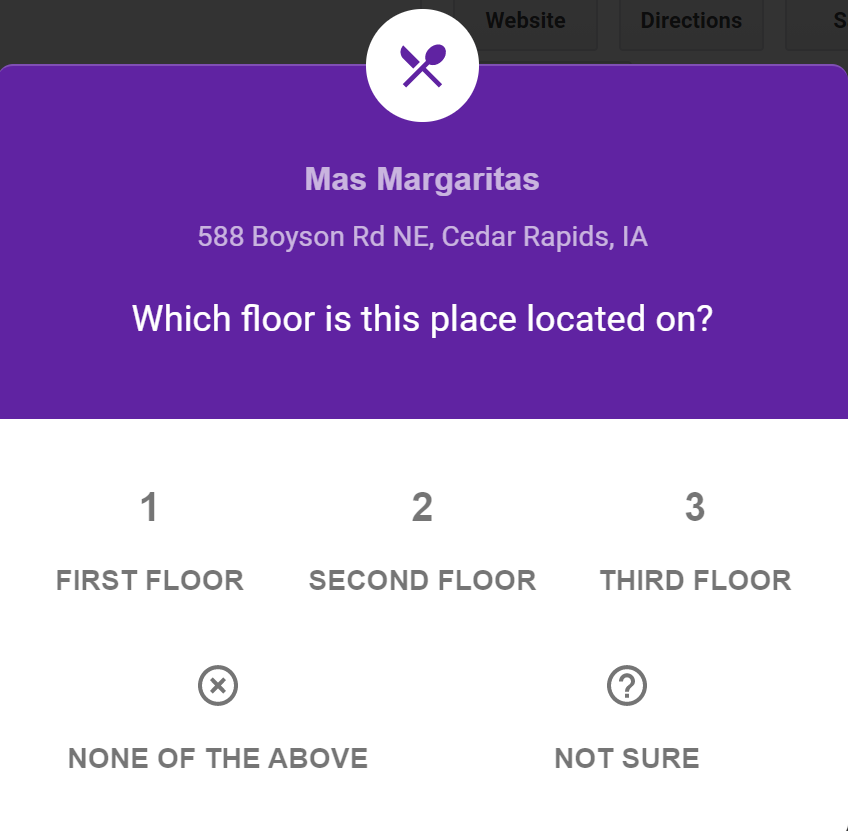
Screenshot from Google.com, September 2021
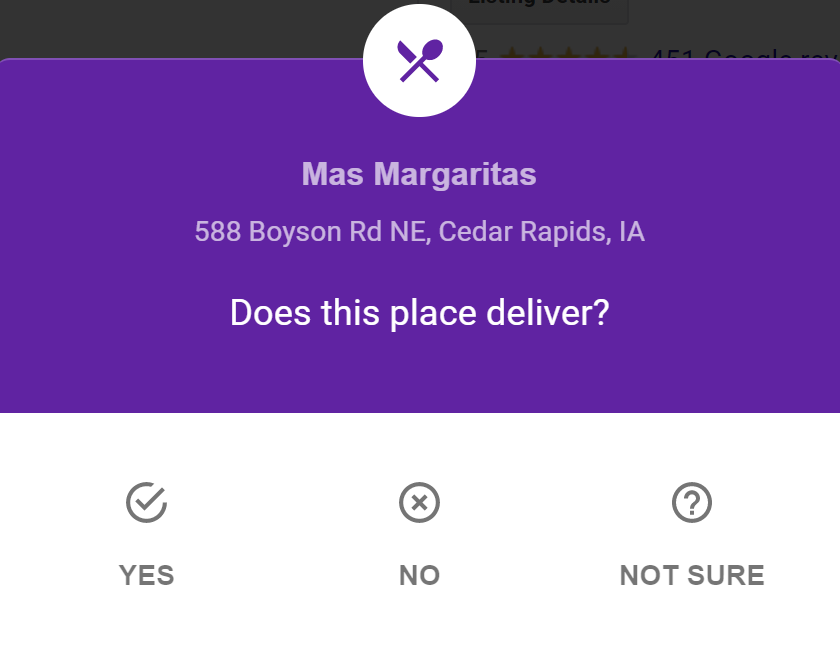
Screenshot from Google.com, September 2021
Google wants to make sure the information in Google Business Profile profiles is as accurate as possible for searchers. It also regularly scours online resources to double-check against your company’s GBP profile and make sure information is correct and updated.
If Google finds data issues, they will make changes to your GBP listing.
Google also relies on users to update misinformation on GBP profiles, too.
For example, many business owners simply don’t keep up their GBP listings. If a customer drives to a business on Sunday and it’s closed at 12:00 p.m. but their GBP profile says the business is open until 1:00 p.m., that person can suggest changes.
They would go to the company’s GBP listing, Suggest An Edit, and change that company’s Sunday hours to show that they close at 12:00 p.m. on Sundays.
Google will then review the change and either accept or reject it.
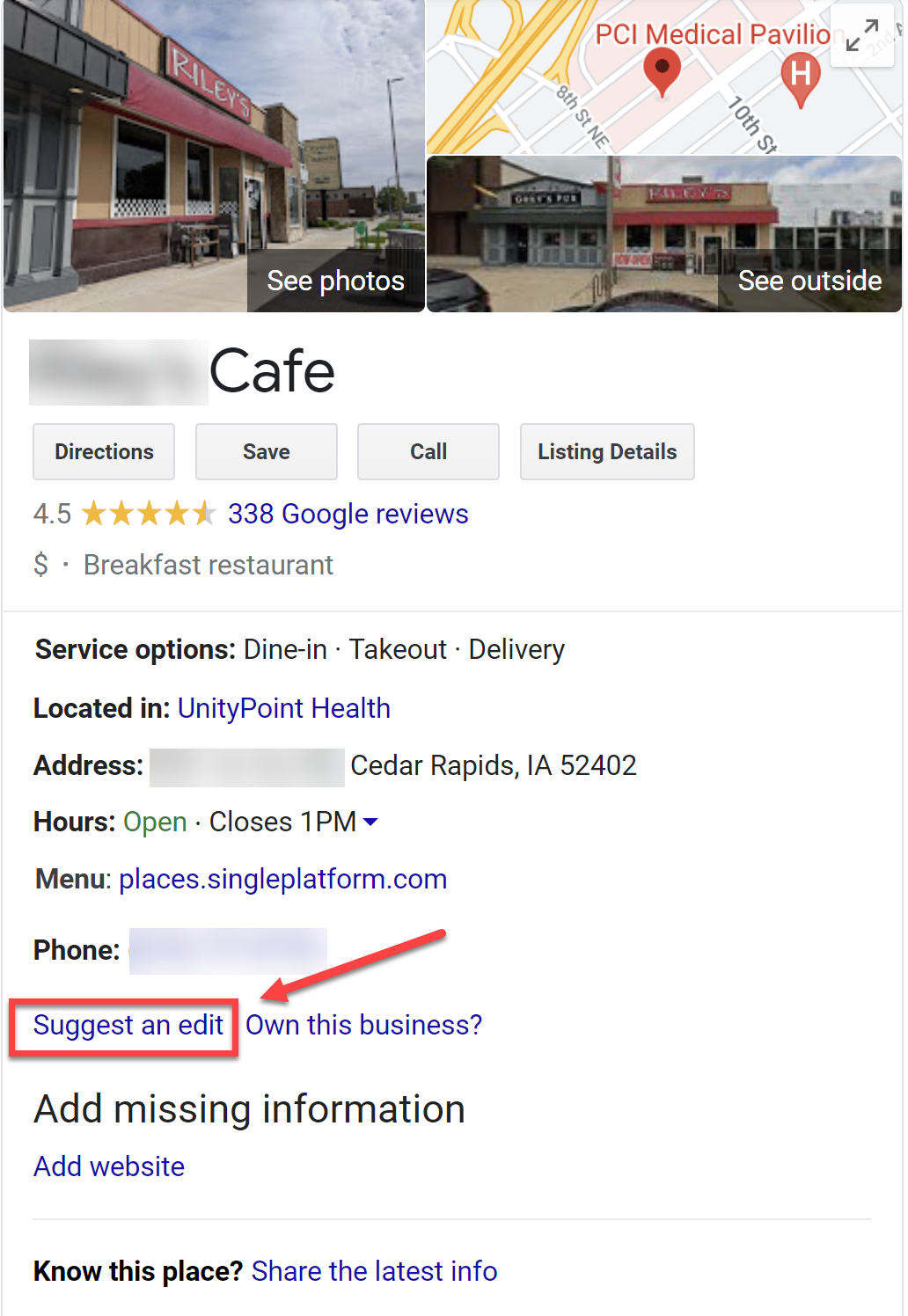
Screenshot from Google Knowledge Panels, September 2021
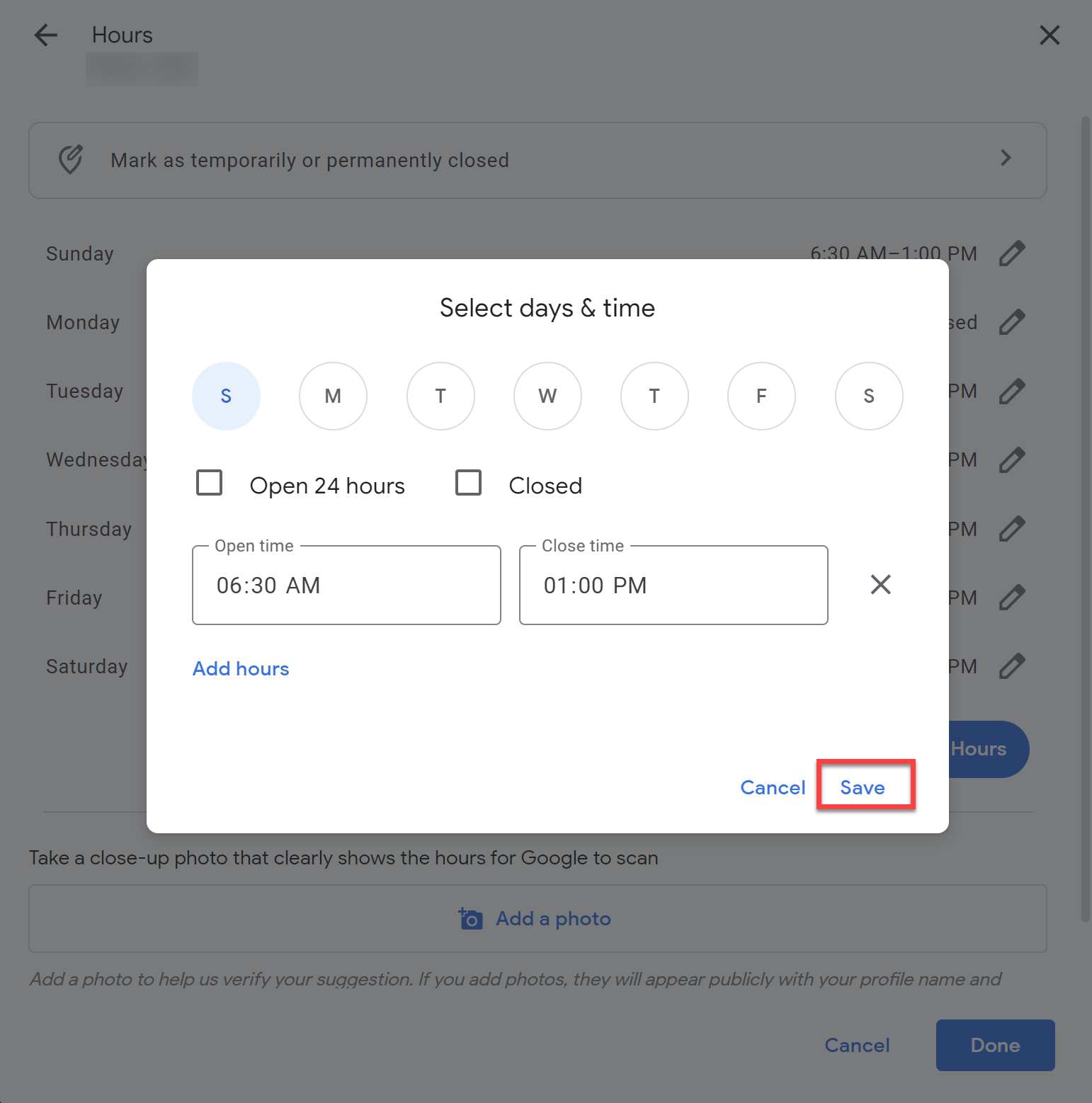
Screenshot from Google.com, September 2021
That means that virtually anyone can change almost any section of your GBP profile.
A user can even suggest that Google get rid of your listing because it “doesn’t exist.” (Are you a little nervous yet?)
“What’s up with that?” you might ask. “Don’t I, as the business owner, own my GBP profile?”
Or you might be frustrated and think, “Don’t I have the right to stop people – and Google — from changing my information?”
Nope. Sorry, you don’t.
I always tell owners who get frustrated with Google Business Profile – for any reason – the same thing: Google Business Profile is a free listing service. You don’t have to have a GBP listing if you don’t want one, or if you don’t want to follow Google’s rules. No one is making you have a GBP profile.
This is Google’s product. You must follow Google’s rules.
You can always use other marketing strategies if you don’t want to use Google Business Profile.
How to Suggest a Change if Your Competitors are Breaking the Rules
So what do you do if a competitor isn’t following Google’s guidelines and they are jumping ahead of you in the rankings?
Well, Google doesn’t want rule breakers. No one likes spam, and Google doesn’t either. And just as in a boxing match, everyone should fight fair.
Here are some common GBP issues you might encounter and what you can do if your competitors aren’t following the rules.
1. My Competitors are Keyword-Stuffing Their Business Name
If you see a business keyword stuffing their business name, first make sure that the words in their name are not part of their official name.
Check their permanent signage if they are a storefront business. Look at their Secretary of State listing and see how their business is listed.
Did they add a city name, keyword descriptors, or a landmark location descriptor? If so, chances are they are keyword stuffing their business name which violates GBP’s guidelines.
You can go ahead and first try the Suggest an Edit feature.
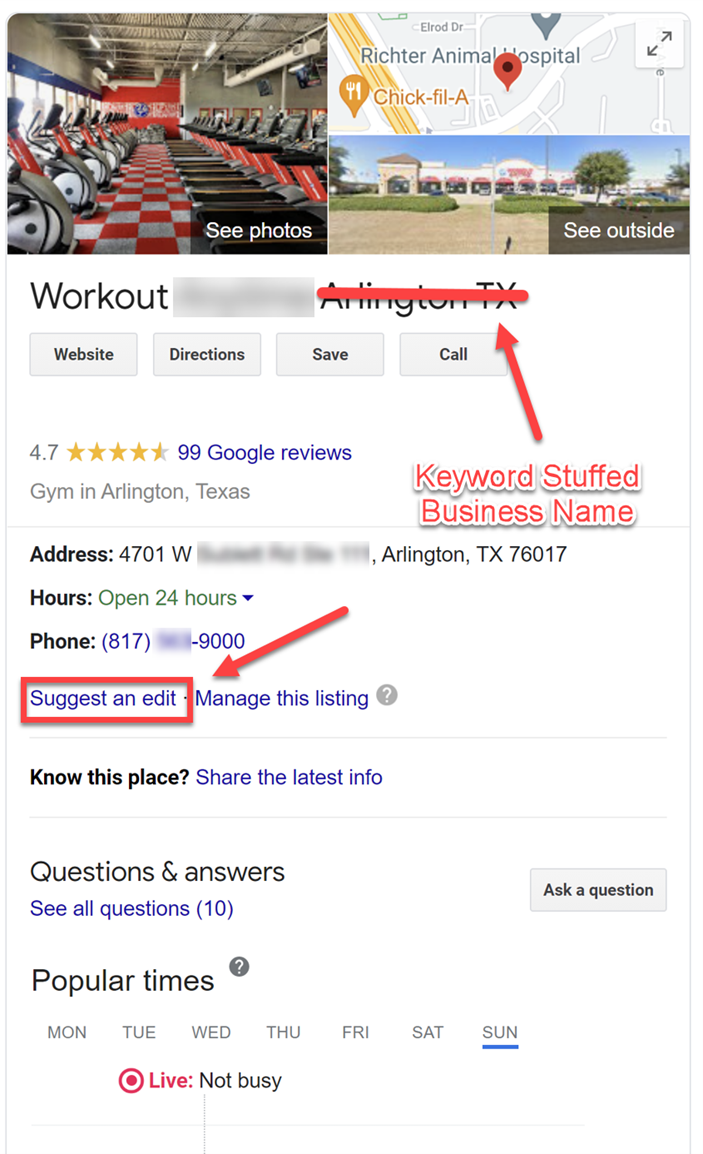
Screenshot from Google Knowledge Panels, September 2021
Click on the Change name or other details option.
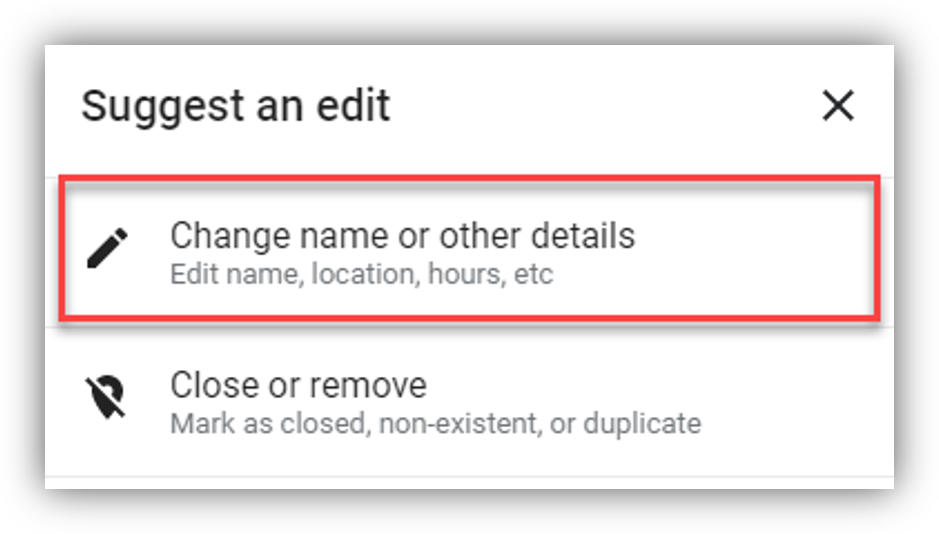
Screenshot from Google.com, September 2021
Then correct the business name by deleting the words that don’t belong in the business name and click Send:
